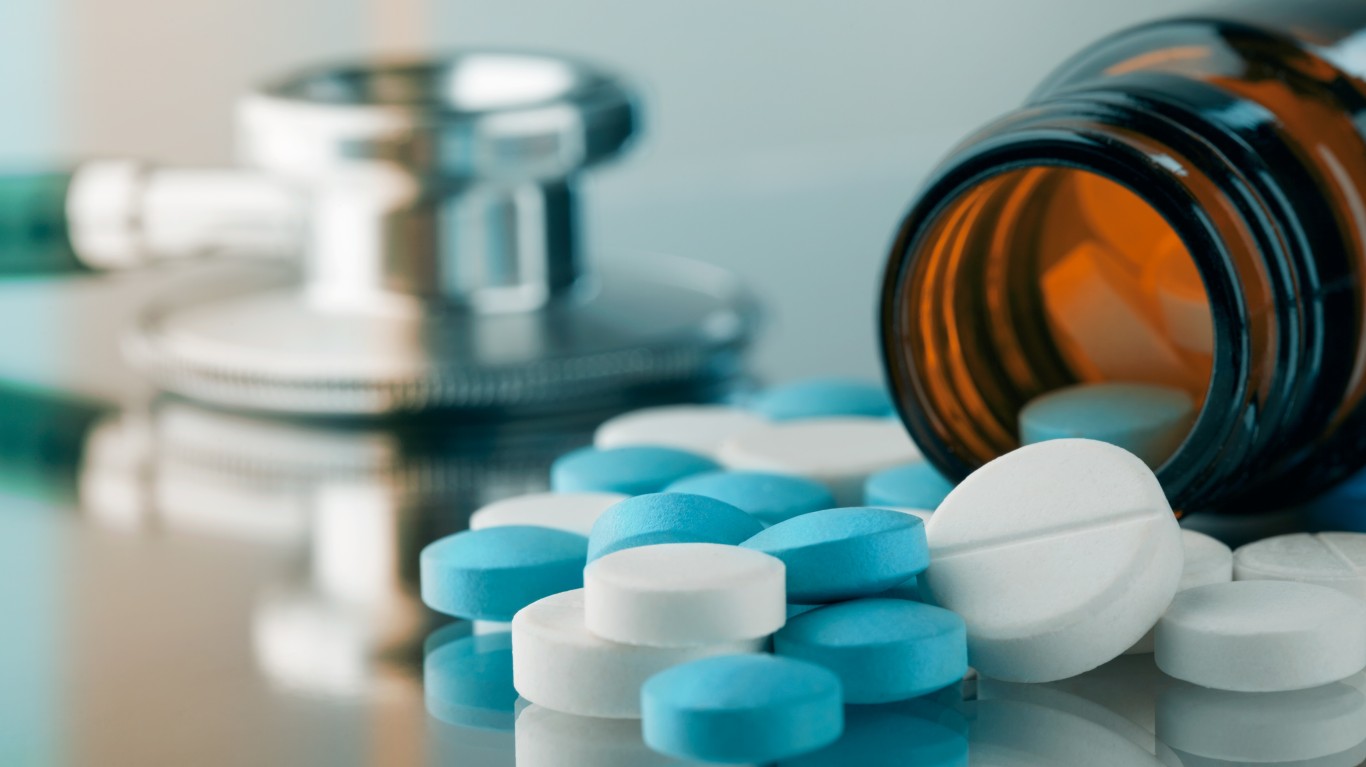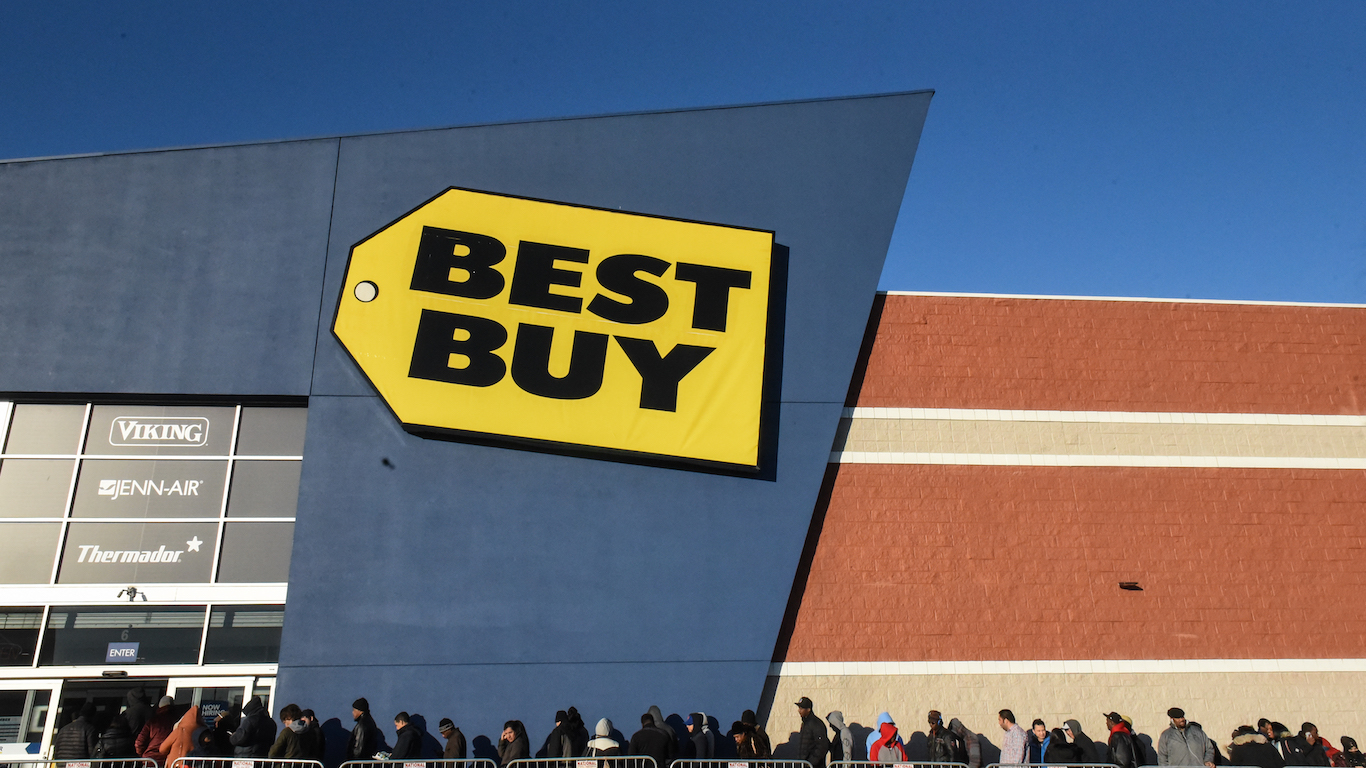
In a development that might only be possible given a global pandemic and the current administration, Eastman Kodak Co. (NYSE: KODK) announced Tuesday that it has received a $765 million loan to create a pharmaceuticals business to produce generic drugs. The loan is being granted by the U.S. International Development Finance Corporation (DFC), an agency cobble together through the consolidation of Overseas Private Investment Corporation (OPIC) and the US Agency for International Development’s Development Credit Authority.
Kodak is receiving the first loan from the DFC to launch a new business, Kodak Pharmaceuticals, to produce “critical pharmaceutical components that have been identified as essential but have lapsed into chronic national shortage, as defined by the Food and Drug Administration (FDA).”
Kodak will produce the components that make up the active pharmaceutical ingredients of medicines. Among those components, according to a report at the International Business Times, is hydroxychloroquine, an antimalarial drug the U.S. president continues to promote as a treatment for COVID-19.
The DFC was originally created to invest in foreign-based projects that would offset the massive investments China is making around the globe as part of its Belt and Road initiative. The president, however, saw the pandemic as a chance to diminish U.S. dependence on imported pharmaceutical ingredients from China. The Wall Street Journal reports that the United States imported $3.9 billion in those ingredients in 2017.
Kodak Executive Chair Jim Continenza said he expects the DFC loan to create about 300 jobs in Rochester, New York, the company’s home, and 30 to 50 jobs in Minnesota.
Earlier this year, the DFC ended a long-time ban on financing nuclear power projects and announced last week that it would now support “advanced nuclear technology in emerging and frontier markets.” So-called small-scale nuclear reactors and small module reactors (SMRs) are beginning to be developed and installed around the world. A U.S. firm, NuScale, is building a prototype of its first product. The company expects final Department of Energy approval of its SMR product by the end of the year.
The president signed an executive order that allows the DFC to provide loans for projects that help build up the nation’s medical supplies. The new agency received $1 billion in CARES Act funding recently and has a funding limit of $60 billion.
Kodak stock has languished in a tight range of around $2 for the past two years. After emerging from bankruptcy in 2013, shares traded at a high of around $37.
Shares closed at $2.62 on Monday and posted a 52-week high of $11.80 early Tuesday morning. The stock traded at around $8.15, up more than 210% in the early afternoon. The 52-week low is $1.50, and the consensus price target was $1.00 a share.
Take Charge of Your Retirement In Just A Few Minutes (Sponsor)
Retirement planning doesn’t have to feel overwhelming. The key is finding expert guidance—and SmartAsset’s simple quiz makes it easier than ever for you to connect with a vetted financial advisor.
Here’s how it works:
- Answer a Few Simple Questions. Tell us a bit about your goals and preferences—it only takes a few minutes!
- Get Matched with Vetted Advisors Our smart tool matches you with up to three pre-screened, vetted advisors who serve your area and are held to a fiduciary standard to act in your best interests. Click here to begin
- Choose Your Fit Review their profiles, schedule an introductory call (or meet in person), and select the advisor who feel is right for you.
Why wait? Start building the retirement you’ve always dreamed of. Click here to get started today!
Thank you for reading! Have some feedback for us?
Contact the 24/7 Wall St. editorial team.




